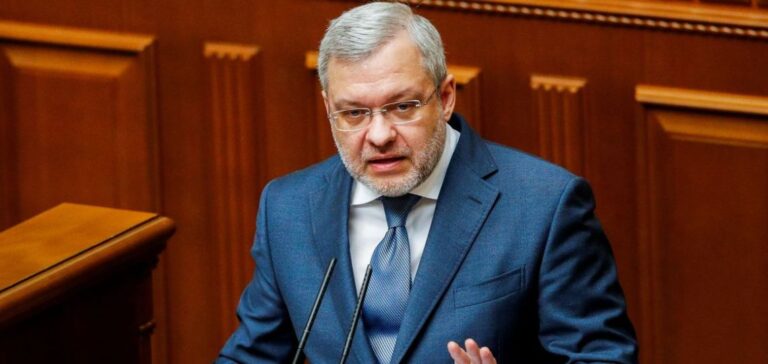Ukraine announces that Russia is responsible for the destruction of half of its thermal production capacity. In addition to the thermal power plants, Kiev has seen billions of dollars of damage caused by the Russian attacks.
Resilience of the energy sector
Ukraine says that these attacks conducted since October 10, do not affect the operation of all energy units. Herman Halushchenko, Ukrainian Minister of Energy, estimates that 30% to 40% of the national infrastructure is affected by these constraints.
These attacks are aimed at destroying the Ukrainian energy system. They cause billions of dollars of damage, according to Herman Halushchenko. However, the objective of complete destruction of infrastructure does not achieve the desired effects.
Multiple attacks
Herman Halushchenko, Ukrainian Minister of Energy, says:
“Ukraine lost 4,000 MW of generating capacity as a result of these attacks.”
The Minister of Energy adds that the Russians are targeting new facilities. However, he notes that previously bombed infrastructure is being bombed again.
Russia uses drones and missiles to reach large cities but also energy installations. The Minister of Energy announces that electricity imports could be one of the options considered by Ukraine to overcome the crisis. Some traders are already negotiating with suppliers.





















